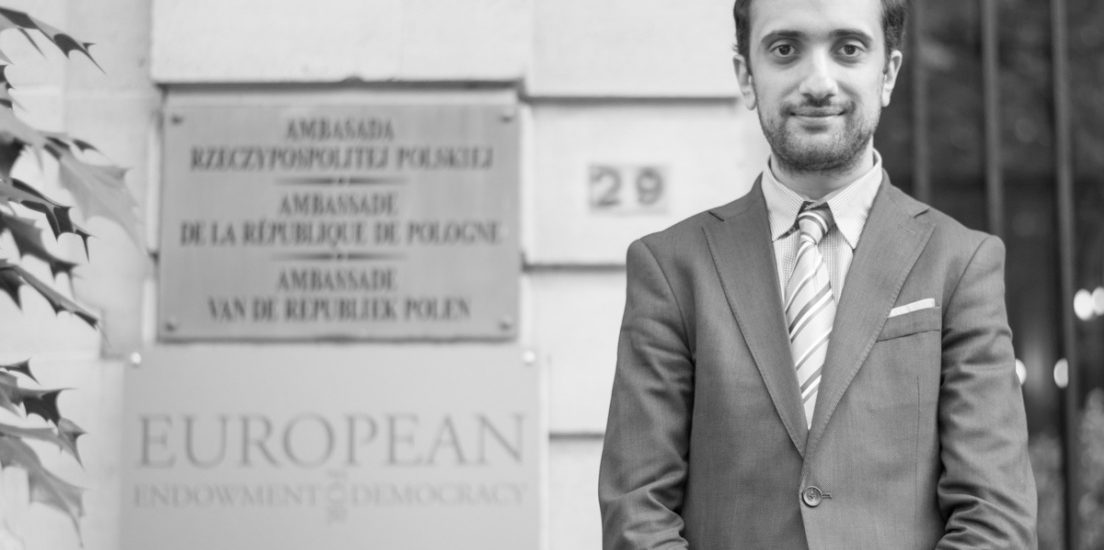- 4 Հուլիսի, 2017
- Մամուլը մեր մասին

An Armenian NGO is in the authorities’ crosshairs after exposing what it describes as rampant electoral fraud by the ruling Republican Party.
In late March, activists from Armenia’s Union of Informed Citizens (UIC) picked up their phones and dialled 136 schools across the country.
Posing as members of the ruling Republican Party, they asked school principals whether they were drawing up lists of parents, schoolteachers, and kindergarten staff willing to back the party in the April 2 parliamentary elections – a practice the UIC describes as a well-honed illegal campaigning tactic used by the Republican Party.
Out of the 136 contacted school principals, UIC founder Daniel Ioannisian says 114 of them – or 80 percent — confirmed they were compiling these lists. He says principals send the names to the Republican party, which then shares them with district authorities to ensure that listed voters cast their ballots.
“This is massive, it is systematic,” he says. “The Republican Party abuses administrative resources to recruit voters, it pays bribes and pressures people into voting for the party. Civil society is strong in Armenia, it would never allow the ruling party to do ballot-stuffing. So the irregularities are more subtle and more difficult to expose.”
To back up its claims, the UIC published recordings of its conversations with school principals on its website.
Ioannisian says the longest list the UIC was told about contained some 1,700 names and was drawn up at a school in Gyumri, Armenia’s second-largest city. According to him, some school directors openly admitted resorting to intimidation in the telephone exchanges.
“School principals routinely pressure parents into voting for the Republican Party by telling them, for example, that their children will have problems at school otherwise,” he explains.
What started as a modest campaign to expose electoral violations has since grown into a high-profile scandal and generated a heated debate about freedom of speech in Armenia.
Two months down the line, the UIC is facing three dozen defamation lawsuits from disgruntled school directors. If found guilty, it faces fines of up to 120,000 euros in damages – a huge sum for the small NGO.
Ioannisian has also been the target of stinging attacks in state media, with some outlets divulging private information about his family as well as personal records that appear to have been leaked by the police.
The onslaught against UIC, in turn, has sparked a public outcry and accusations that authorities are seeking to muzzle corruption fighters.
Full version here.


 Eng
Eng Рус
Рус


